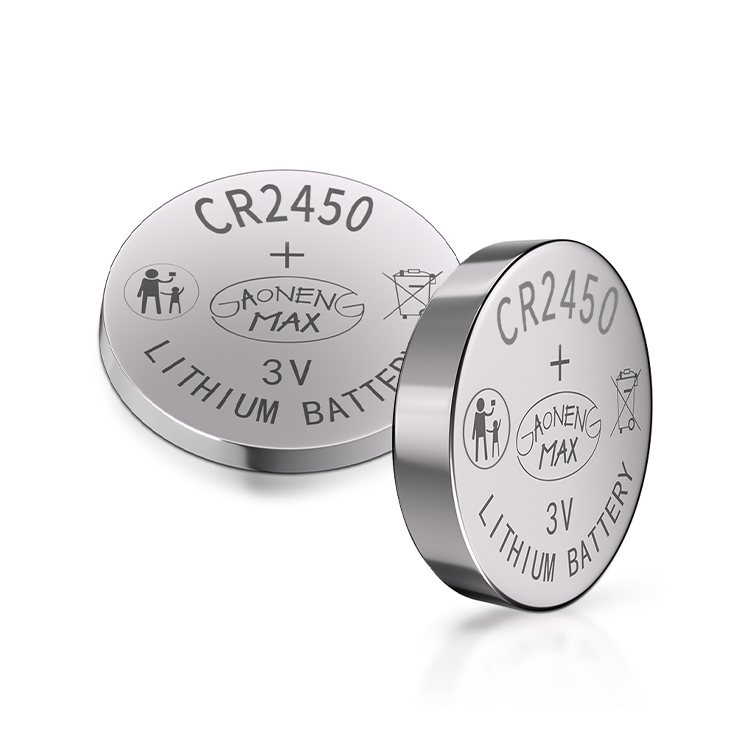

According to foreign media reports, German multinational chemical group BASF recently announced that it plans to cooperate with German start-up Jena Batteries to develop a new "metal-free" electrolyte for flow batteries, making its flow batteries more widely used in the energy storage industry.
According to foreign media reports, German multinational chemical group BASF recently announced that it plans to cooperate with German start-up Jena Batteries to develop a new "metal-free" electrolyte for flow batteries, making its flow batteries more widely used in the energy storage industry. .
JenaBatteries claims on its website that it has developed a scalable redox flow battery that uses different organic energy storage materials to form the battery anode and cathode. Its rated power can be expanded from 100kW to 2MW, and its rated capacity ranges from 400kWh expanded to 10MWh.
Through the partnership, BASF will produce an amine compound for Jena Batteries, which is mainly used to build electrolytes for flow batteries.
Containerized oxidation flow battery deployed by JenaBatteries
Low temperature lithium iron phosphate battery 3.2V 20A -20℃ charging, -40℃ 3C discharge capacity ≥70%
Charging temperature: -20~45℃ -Discharge temperature: -40~+55℃ -40℃ Support maximum discharge rate: 3C -40℃ 3C discharge capacity retention rate ≥70%
Click for details
The potential benefits and challenges of redox flow batteries have long been discussed, and many manufacturers have been working to commercialize them using various technologies and electrolyte solutions.
Dr. Oliver Cullmann, Vice President of BASF's European Specialty Amines business unit, said, "Jena Batteries is a battery start-up whose products and solutions support the use of renewable energy and are therefore fully in line with our sustainability strategy. About BASF This collaboration provides us with a new, attractive and future-oriented application area for our amine chemistry."
Jena Batteries, headquartered in Jena, Thuringia, Germany, is not the only battery manufacturer in this region. For example, Chinese battery manufacturer Contemporary Amperex Technology Co., Ltd. (CATL) said last year that it would build a European battery production facility for electric vehicles in Germany. production plant.
BASF wants to become a player in energy storage market
For BASF, this is one of a series of projects in which the company is involved in the stationary energy storage industry. A BASF spokesman said the company was accustomed to working "at different levels of the value chain."
Low temperature and high energy density 18650 3350mAh-40℃ 0.5C discharge capacity ≥60%
Charging temperature: 0~45℃ Discharge temperature: -40~+55℃ Specific energy: 240Wh/kg -40℃ Discharge capacity retention rate: 0.5C Discharge capacity ≥ 60%
Click for details
BASF therefore supplies cathode materials for lithium-ion battery manufacturing and becomes a raw material supplier in the field of redox flow batteries, as well as a supplier of sodium-sulfur (NaS) batteries. In addition, BASF is now a sales partner of Japan's NGK Insulators, which is currently the world's sole manufacturer of sodium-sulfur (NaS) batteries. "The company is always looking for ways to support the growth of BASF's business," a BASF spokesman said.
The spokesman said: "The stationary energy storage market is one of our business areas, especially since energy storage systems can support the wider adoption of renewable energy and thus contribute to BASF's corporate sustainability. BASF The company wants to be a player in the energy storage market, and although different technologies are used for different applications, we are currently pursuing different approaches and technologies for a wide variety of use cases."

Popular recommendation
521133 lipo battery.Analysis of the balanced charging principle of lithium-ion battery pack protecti
2023-10-08lithium ion battery cells 18650.Volkswagen will also hold a "Battery Day" and may release
2023-10-14CR1220 battery.Design of battery charging, discharging and detection system based on PWM technology
2023-10-08button battery 2025.Low temperature characteristics of lithium iron phosphate cathode material
2023-10-10aa alkaline battery!Analyze the application of ferroelectric random access memory F-RAM in power bat
2023-10-08AG6 battery!Detailed circuit explanation: Circuit for online trickle charging using solar cells
2023-10-08What are the advantages of lithium iron phosphate battery
2022-11-07R6 Carbon battery.The Australian Standards Association announces new specifications for the installa
2023-10-09CR3032 battery.Research on new rectifier power supply for DC electric arc furnace
2023-10-083.7 volt 18650 lithium battery.The era of electric flight is not coming yet, but battery technology
2023-10-14LR41 battery!Chinese and foreign R&D teams synthesize "double modification" cathode ma
2023-10-08902030 lipo battery.18650 lithium battery PACK process quality characteristics and welding precautio
2023-10-09